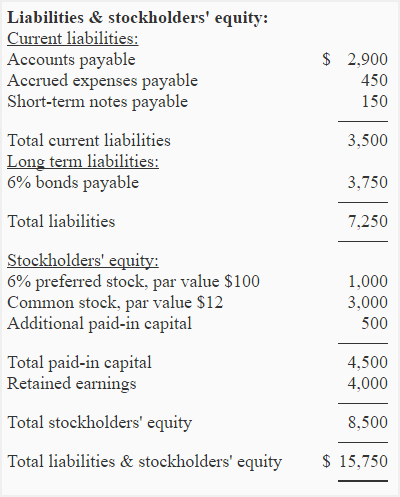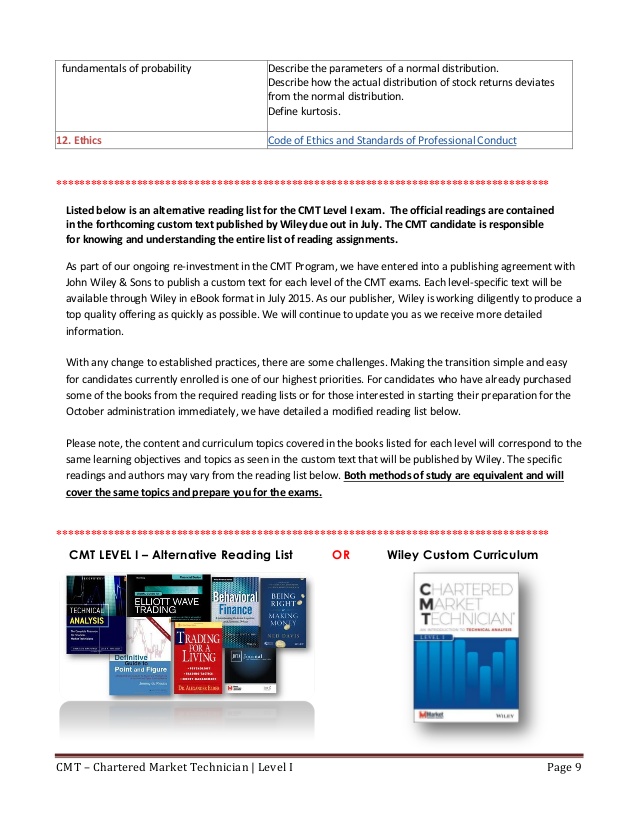
Hence, the payments of First Call and Second Call are regarded as calls in advance. The excess amount paid
over the called up value of a share is known as calls in advance. It is the
excess money paid on application or allotment or calls.
A company may accept calls-
in advance only if Articles of
Association authorise to do so. Get all the important information related to the CBSE Class 12 Examination including the process of application, important calendar dates, eligibility criteria, exam centers etc. We follow strict ethical journalism practices, which includes presenting unbiased information and citing reliable, attributed resources. At Finance Strategists, we partner with financial experts to ensure the accuracy of our financial content. Calls in advance are money that is called over and above what has been called for.
Forfeiture of shares
The financial assistance helps citizens, that meet household income requirements, pay for their health insurance. The money due to the taxpayer is paid to the insurance company in advance of the actual due date for the credit. Muthu was holding 20
equity shares of ₹
10 each on which he paid ₹
2 on application but could not pay ₹
3 on allotment and ₹
1 on first call. When a shareholder
defaults in making payment of allotment and/or call money, the shares may be
forfeited.
Chicken Soup for the Soul Entertainment to Release Second Quarter Earnings for Fiscal 2023 and Hold Analyst and Investor Conference Call After Market Close on Monday, August 14, 2023 – Yahoo Finance
Chicken Soup for the Soul Entertainment to Release Second Quarter Earnings for Fiscal 2023 and Hold Analyst and Investor Conference Call After Market Close on Monday, August 14, 2023.
Posted: Tue, 08 Aug 2023 20:05:00 GMT [source]
Advance payments are sometimes required by sellers as protection against nonpayment, or to cover the seller’s out-of-pocket costs for supplying the service or product. Calls-in-advance is the
amount not called up by the
company, but paid by the
shareholders. Meaning Calls-in-arrear is the amount
called up by the company, but
not paid by the shareholders. This discussion call in advance meaning on the calls in advance and arrears is defined as the concept of arrears and advance call making to provide a brief understanding of the subject of accountancy. Show the journal entries needed to record the above transactions, including cash, and show how these appear in the balance sheet. Some applications are accepted in full and others are totally
rejected.
Company Accounts Accountancy – Issue of shares for cash in instalments 12th Accountancy : Chapter 7 : Company Accounts
In the balance sheet, it should be shown under current liabilities. The concept of arrears also applies when a publicly-traded company issues dividends to its investors. It occurs when the company delays in paying the cumulative dividends to its preferred stockholders by the agreed date. Preferred stockholders are a type of stockholders that must be paid regardless of whether the company makes profits or not.

Calls in arrears are money that is called up but has not been paid. However, the amount that is not called should not be credited to the capital account. It’s used by the smallest businesses as well as the largest utility companies. Unfortunately, this makes it easier for the small business but it can test the trust of your customers. If they’re unsure if you’ll do the job to their expectations, they may be unwilling to pay in advance.
Which of these is most important for your financial advisor to have?
Further, the money owed by the shareholder is transferred to an account called Calls in Arrears A/c. Anu Company forfeited 200
equity shares of ₹
10 each issued at par held by Thiyagu for nonpayment of the final call of ₹ 3 per share. Anitha was holding 500
equity shares of ₹
10 each of Thanjavur Motors Ltd, issued at par. She paid 3 on application, ₹ 5 on allotment but
could not pay the first and final call of ₹
2. The directors forfeited the shares for nonpayment of call money.
Freshpet (FRPT) Q2 2023 Earnings Call Transcript – The Motley Fool
Freshpet (FRPT) Q2 2023 Earnings Call Transcript.
Posted: Mon, 07 Aug 2023 18:30:28 GMT [source]
Divya Ltd. allotted
10,000 equity shares of ₹
10 each at a premium of ₹
2 per share to applicants of 14,000 shares on a pro rata basis. The excess
application money will be adjusted towards allotment money. The amount payable
was ₹ 2 on application, ₹ 5 on allotment
(including premium of ₹
2 each) and ₹ 3 on first call and ₹ 2 on final call. Vikas,
a shareholder failed to pay the first call and final call on his 300 shares.
Related articles
On the contrary, a standard swap sets the interest rate at the beginning and pays the interest at the end. Articles of Association do not
have any clause to this effect
as non-payment is beyond the
company’s control. If a call isn’t paid then the company can charge interest on the amount of unpaid money.
- The amount of calls in advance is 12%, and the interest has to be paid to the shareholder, even if the company has not made any profit or earned any profit.
- Billing in advance is likely best done with repeat customers or in fields where this is the industry standard.
- You can also click here to get a step-by-step tutorial with images.
- Consumers with bad credit may be required to pay companies in advance, and insurance companies generally require an advance payment in order to extend coverage to the insured party.
Advance payments are amounts paid before a good or service is actually received. The balance that is owed, if any, is paid once delivery is made. These types of payments are in contrast to deferred payments—or payments in arrears. In these cases, goods or services are delivered first, then paid for later. For example, an employee who is paid at the end of each month for that month’s work would be receiving a deferred payment.
This protection allows the buyer to consider a contract void if the seller fails to perform, reaffirming the buyer’s rights to the initial funds paid. Arrears also apply in the financial industry when making annuity payments. An annuity is a transaction that occurs in equal intervals and in equal amounts over a defined period of time. For example, an annuity transaction may involve equal payments of $300 over a period of 10 years.

3,000 shares were issued for subscription and payable as to $12.50 on application, $12.50 on the allotment, and $25 three months after allotment, with the balance to be called up as and when required. Here, it is to be noted that, as per the Companies Act, 2013, a company can only accept calls in advance from a shareholder only if the company’s articles of association authorizes to do so. Also, no dividend is allowed to the shareholder on the amount paid as calls in advance. (iii) Mohan who holds 50
shares failed to pay the allotment money and first call and his shares were
forfeited after the first call.
In other words, the amount called up but not paid is
calls in arrear. There are many examples of advance payments in the real world. Service providers require payment for cell services that will be used by the customer one month in advance. If the advance payment is not received, the service will not be provided. The same applies to payments for upcoming rent or utilities before they are contractually due.

Such excess amount can
be returned or adjusted towards future payment. If the company decides to
adjust such amount towards future payment, the excess amount may also be
transferred to a separate account called calls in advance account. In contrast, when the company issues notice to all the shareholders regarding the payment of allotment or call money due on the shares, it needs to be paid within the specified time. Suppose, one or more shareholders fails to pay the amount called by the company, the amount unpaid by the shareholders becomes calls in arrears.
The payment may also be referred to as a singular arrear not classified as a late payment. Other examples of payments in arrears include postpaid phone service, postpaid water bills, postpaid electricity bills, property taxes, etc. Arrears refers to payments that are overdue and that are supposed to be made at the end of a given period after missing out on the required payments. Total arrears equals the sum of all the payments that have accumulated over time since the first payment was due.
